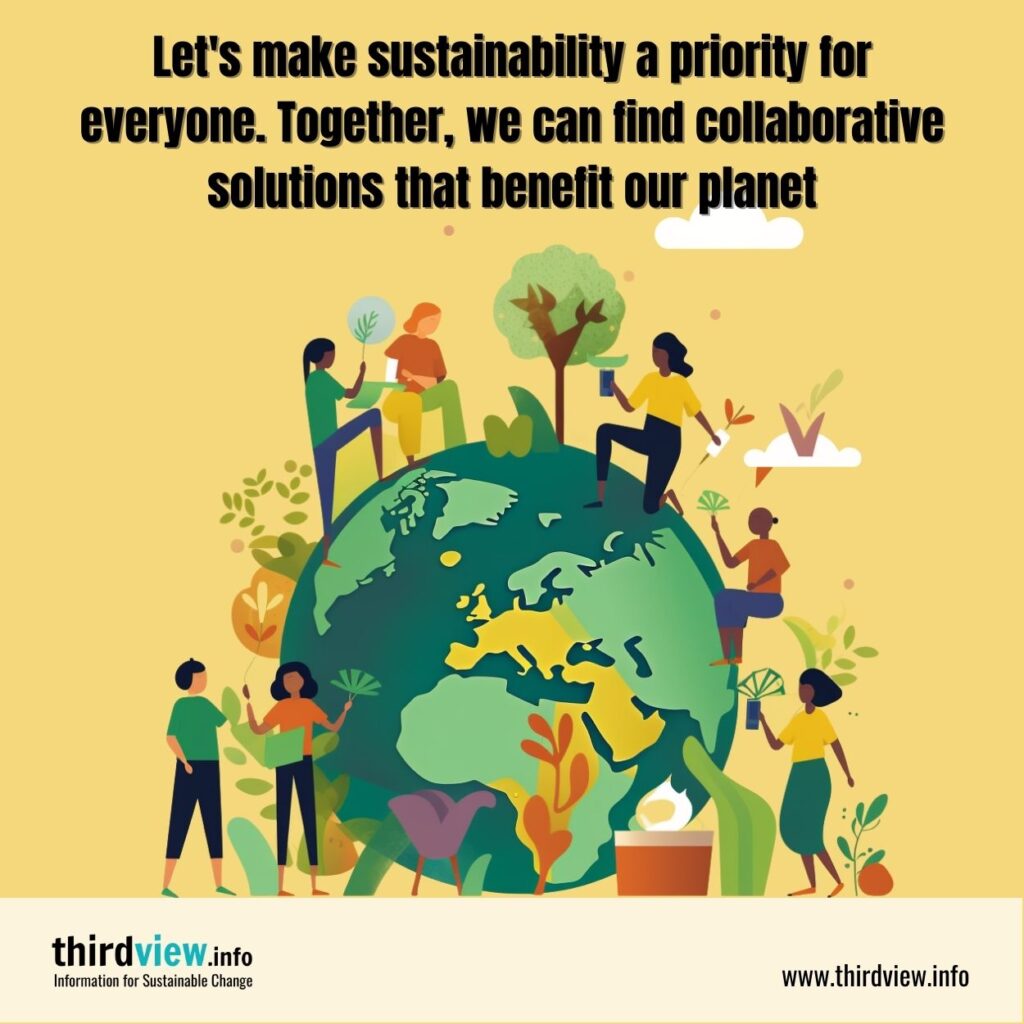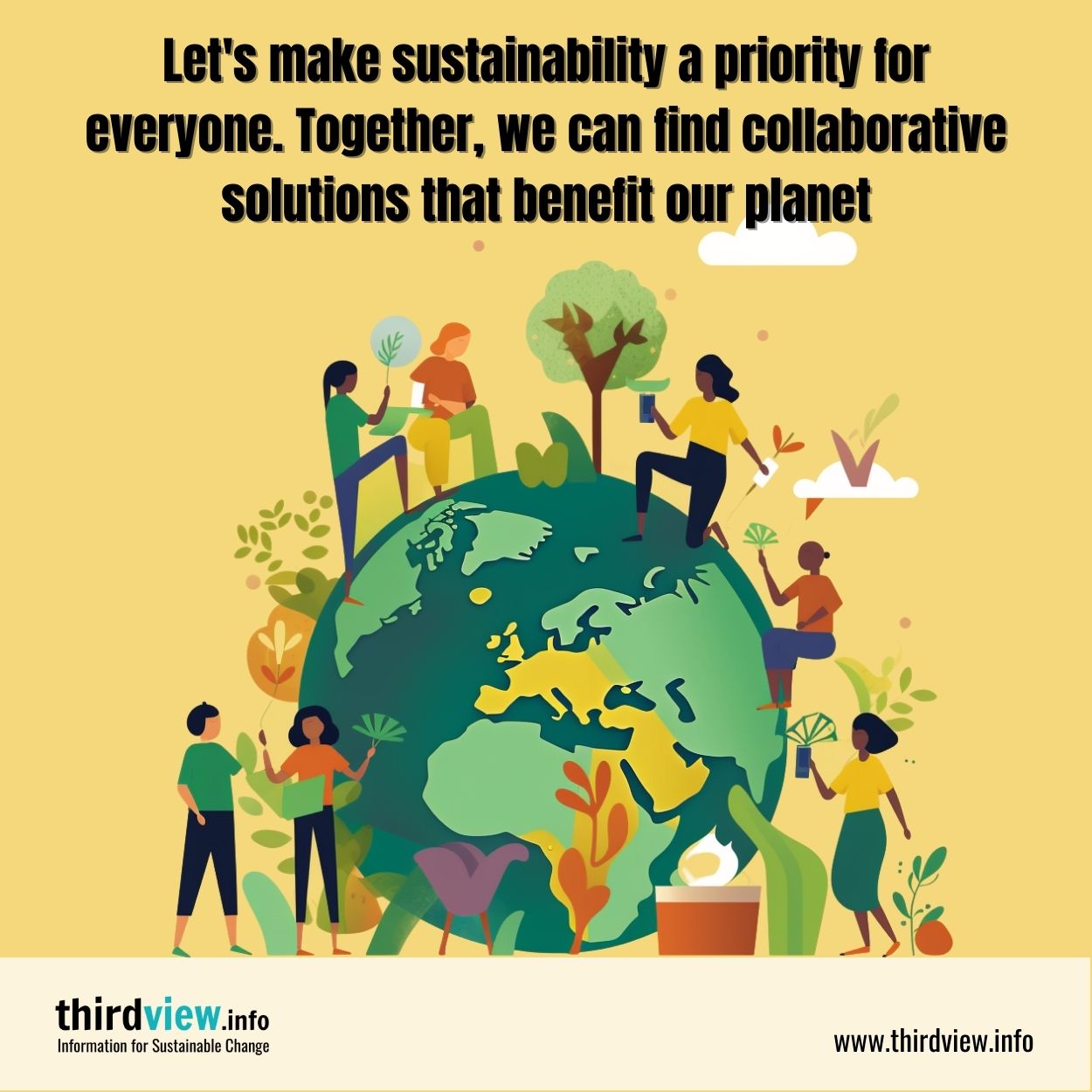We are living in a time when our planet’s resources are being stretched to the limit. As a result, it is more important than ever to find ways to become more sustainable and reduce our impact on the environment. One way to do this is through collaboration. Working with others can be an effective way to implement environmentally friendly practices that benefit everyone involved. Let’s explore some of the benefits of collaboration for sustainability initiatives.
The Power of Partnerships
Collaboration can be incredibly powerful when it comes to sustainable practices, as it allows different people and organizations to join forces and pool their resources. This can create a powerful synergy that leads to better results than either party could achieve independently. A great example of this is the partnership between corporate giants Microsoft and Starbucks, which has allowed them both to become more environmentally responsible by reducing waste, using renewable energy sources, and investing in sustainability initiatives. Through collaborative efforts such as these, businesses are able to make a bigger impact than they would have been able to alone while also reducing costs and improving efficiency. By working together with other companies or organizations that have similar goals, businesses can share best practices, learn from each other’s mistakes, and create new ideas that will help them move closer towards achieving their goals.
Increased Engagement & Awareness
Another benefit of collaboration is increased engagement with stakeholders outside the business such as consumers or customers who are interested in supporting sustainable initiatives. By collaborating with like-minded partners, businesses can reach larger audiences who may not have been aware of their efforts before. These collaborations also allow for greater public accountability since there is an increased level of transparency when multiple parties are involved. This encourages companies to be even more accountable for their actions because they know that they will be held responsible if they fail to meet commitments or expectations. This kind of public engagement also helps encourage consumer loyalty as people feel more connected with businesses if they know what they stand for beyond profit margins.
Collaborating on projects related to sustainability has many benefits for both those directly involved as well as society at large. Not only does it provide an opportunity for individuals or organizations with similar goals to pool their resources, but it also increases public engagement and awareness about issues related to sustainability. Collaboration is an invaluable tool when it comes to implementing environmentally friendly practices so let’s all use our collective power for good!


